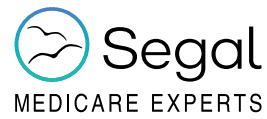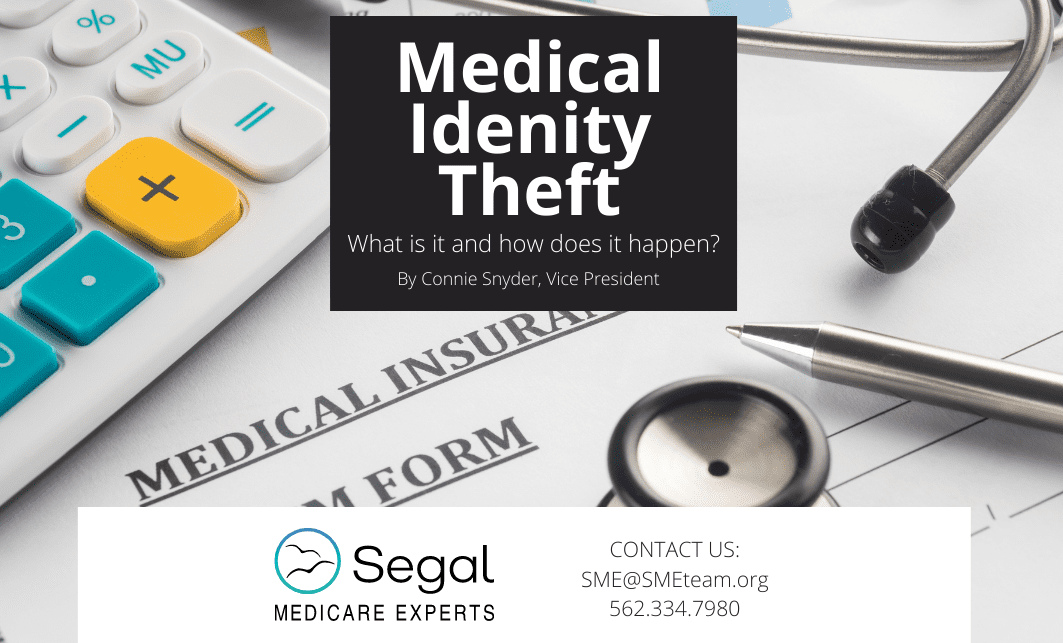Medical Identity Theft
What is it and How Does it Happen?
By Connie Snyder.
Within the context of health care, identity theft may be defined as an incident in which a beneficiary’s personal identity and/or insurance information has been (unlawfully) obtained (by an unauthorized individual) and is used for fraudulent or criminal activity. The stolen information may be utilized for monetary gain by the fraudster, or even to gain access to health care benefits, if the fraudster successfully invents a way to “impersonate” the victimized beneficiary.
Medical identity theft commonly occurs via email scams, computer data breaches, misleading social media ads, or simply through a single individual cold calling a list of Medicare-eligible beneficiaries. If the caller can convince your beneficiary to provide their personal or insurance information, the fraudulent caller will be off and running with valuable (potentially destructive) information.
Some fraudsters may go so far as to pose as an official CMS Medicare representative (or other “trustworthy” health care worker). The fraudster will whimsically gain the beneficiary’s trust and convince them to divulge their personal information.
Protect your Plan – Combat Using Education
As a health plan, medical identity theft should concern you because it harms your beneficiaries; and secondly, because false claims may be a subsequent product of this type of fraud. If the fraudster can access medical services disguised under the name of the victimized beneficiary, a false claim may be generated. Ultimately, the health plan will be held responsible to pay it in a timely manner, and then must later do its best to recuperate funds.
One of the easiest ways to protect false claims from being generated in the first place is to distribute regular educational communications teaching your Medicare-eligible population a variety of tips & tricks regarding “fraud education”. Teach your beneficiaries to watch specifically for these suspicious scenarios known in the fraud industry, which may tip them off to spot the presence of medical identity theft. Especially, teach them to report the incident to your Hotline so that you can proactively stop the fraud in their tracks!
Educational materials ought to clearly describe some of the visible signs that can be observed through a beneficiary’s medical paper trail (EOBs, medical records, etc.) which may help them to quickly recognize whether medical identity theft has potentially occurred. The professionals at Segal Medicare Experts (SME) are here to help you develop a variety of tailored communications best suited for your specific audience.
If you would like further assistance creating these educational materials that will serve to protect your plan against fraud, please contact Segal Medicare Experts at SME@SMEteam.org or call (562) 334-7980 for further information.

